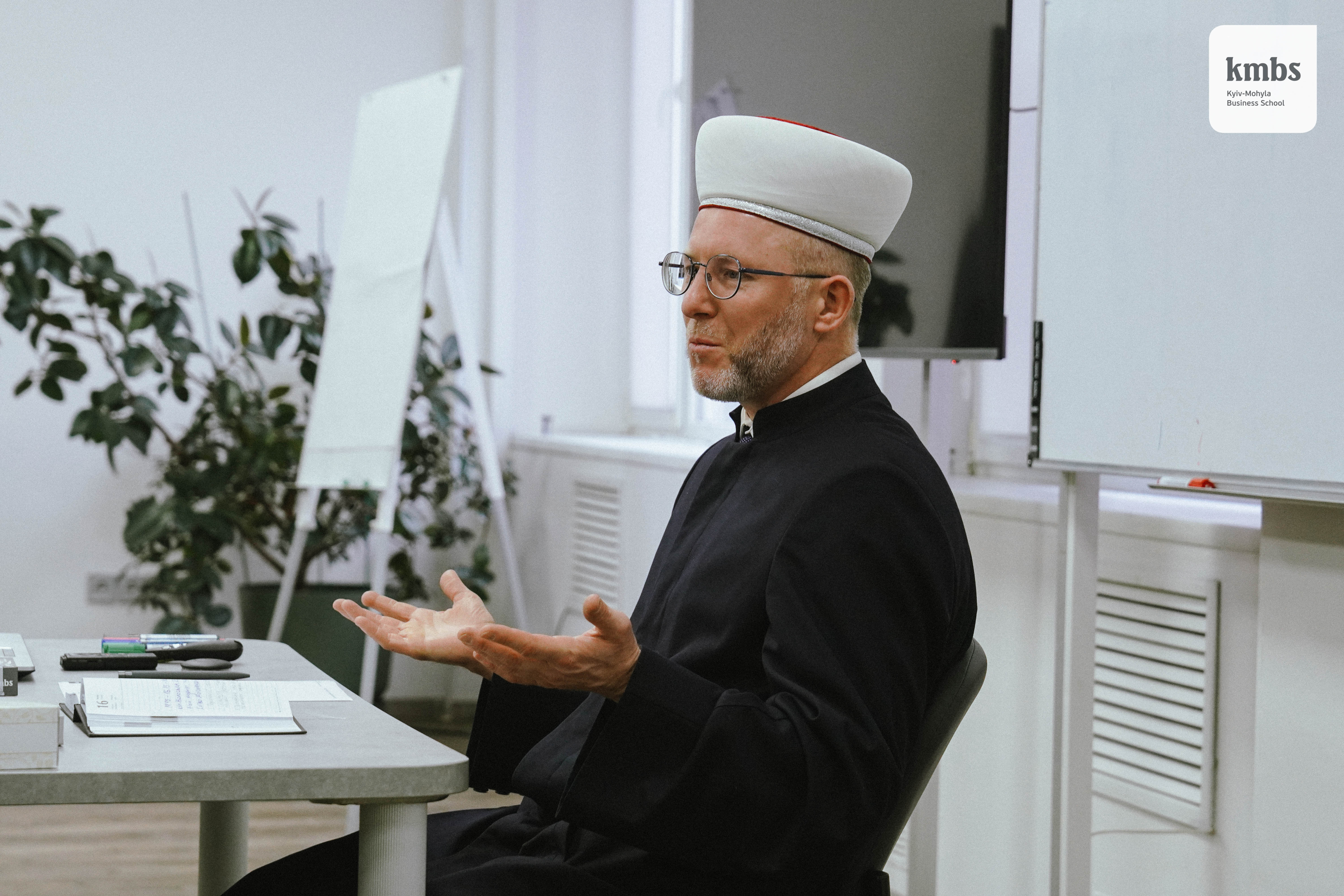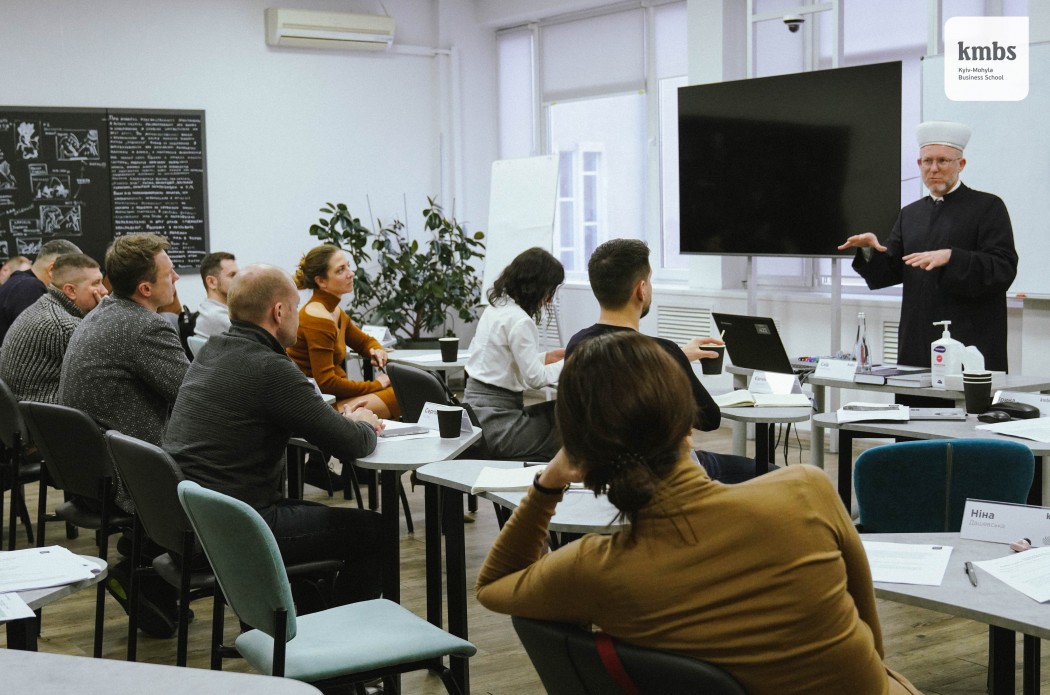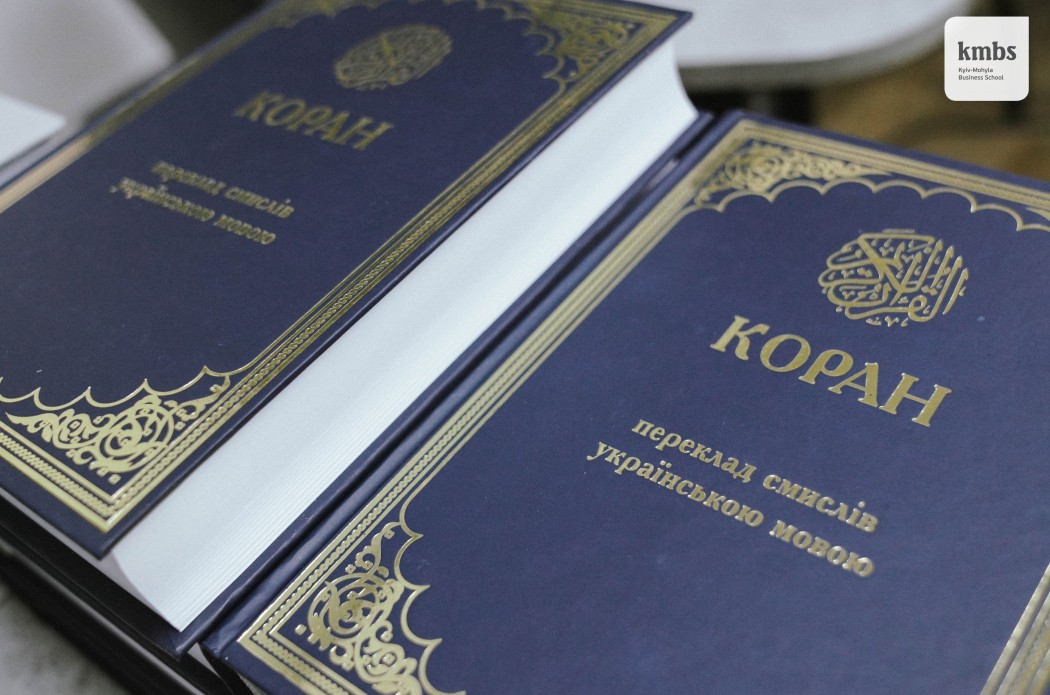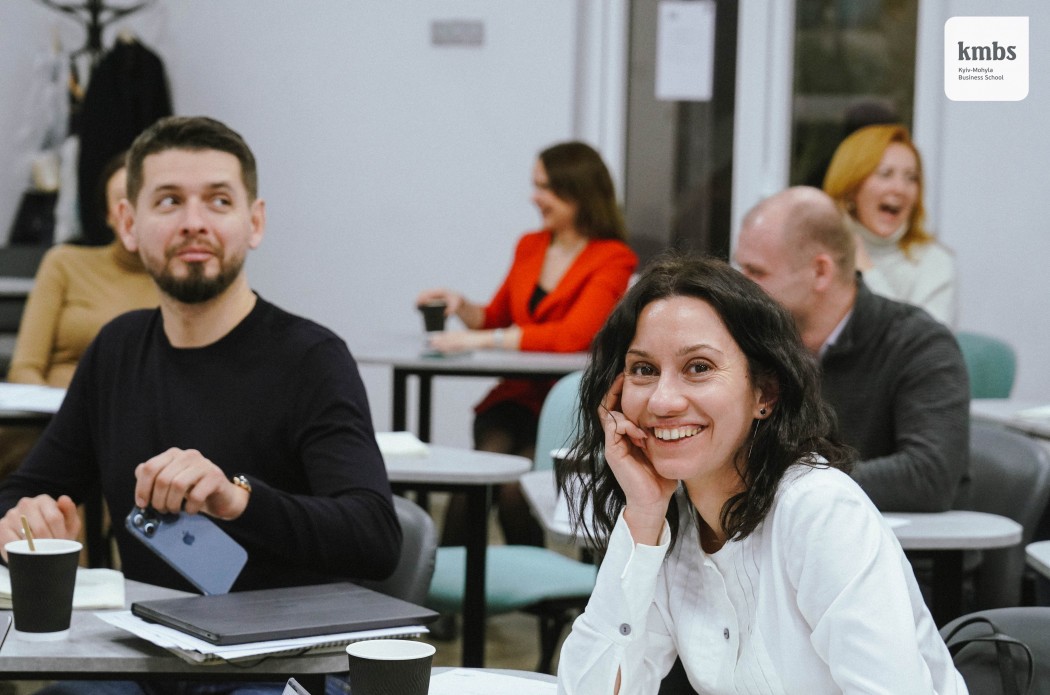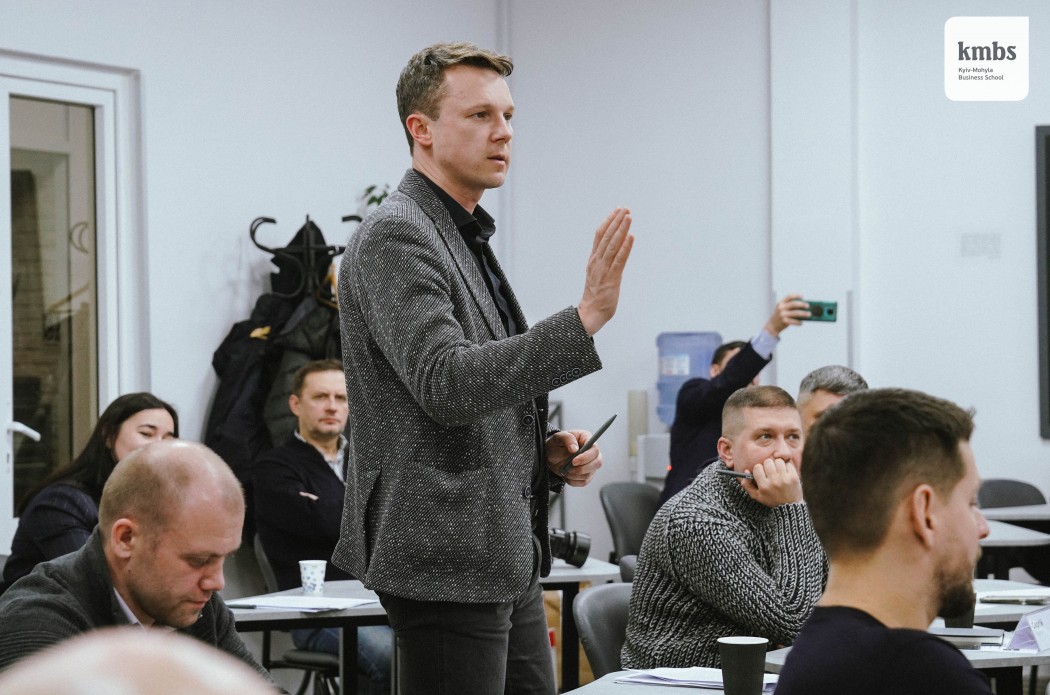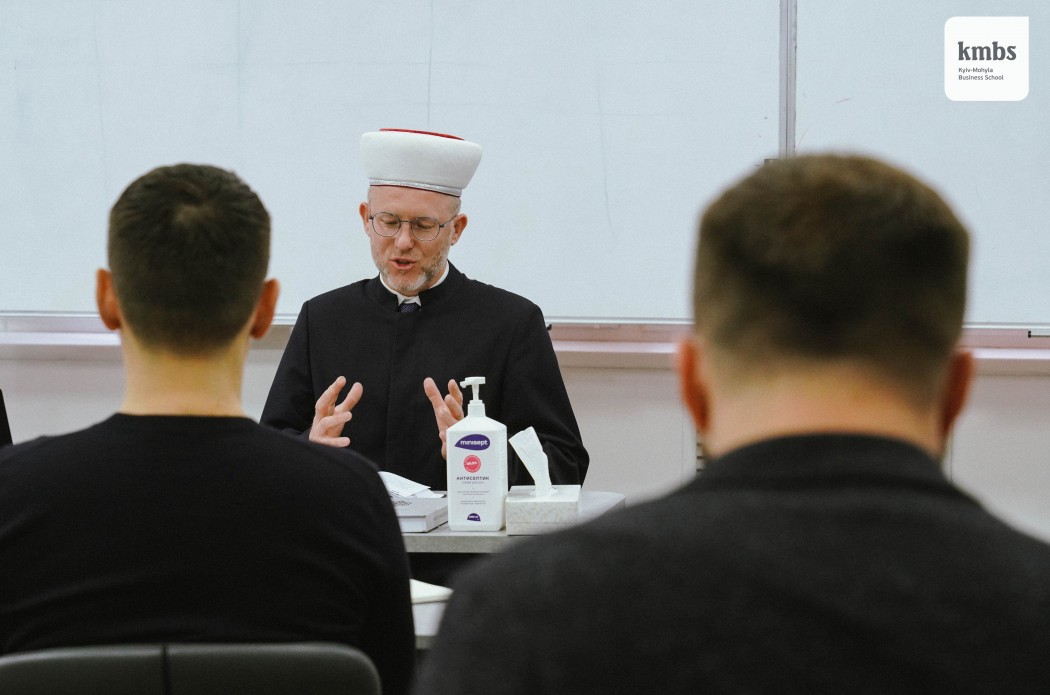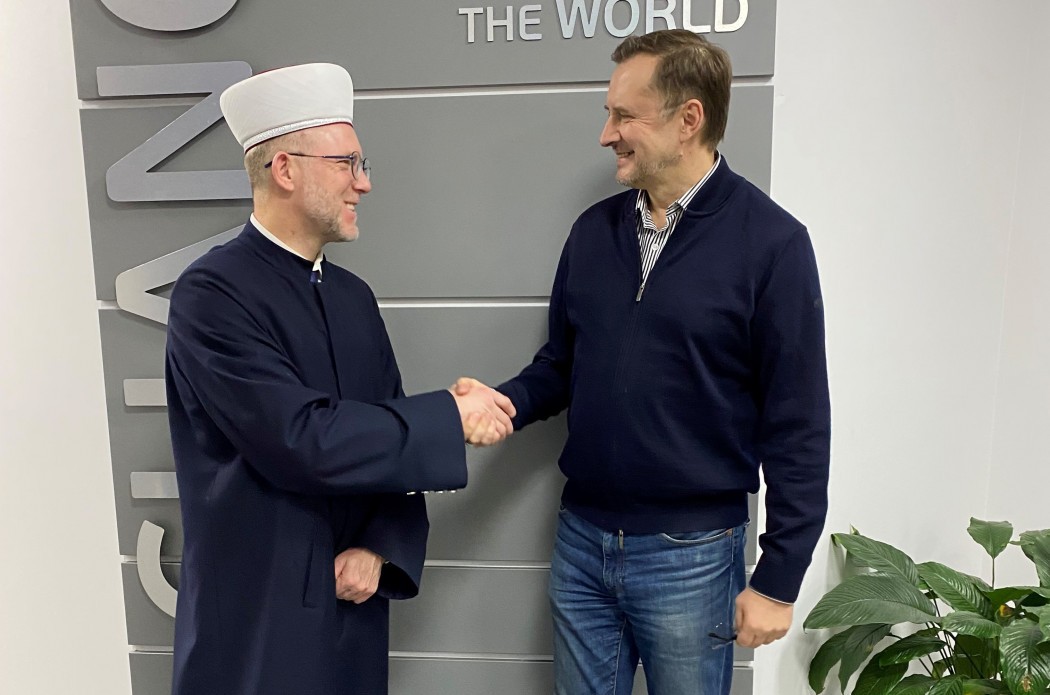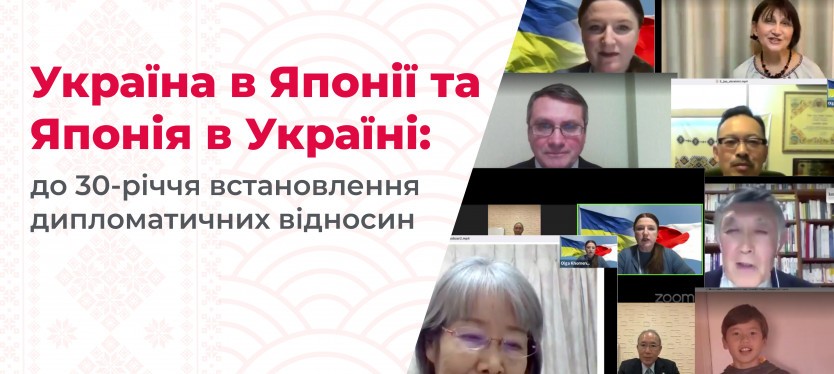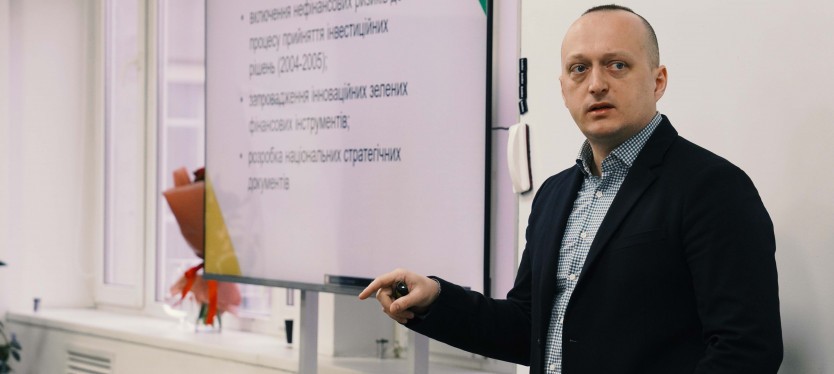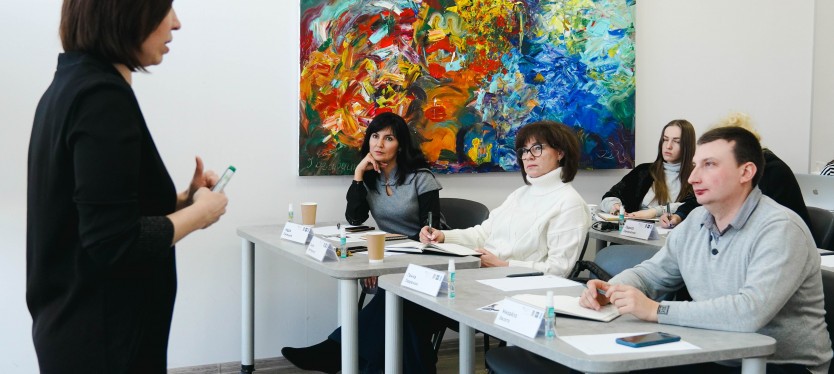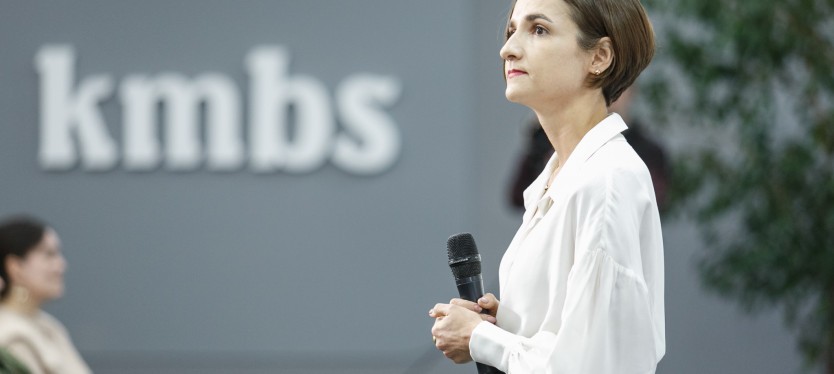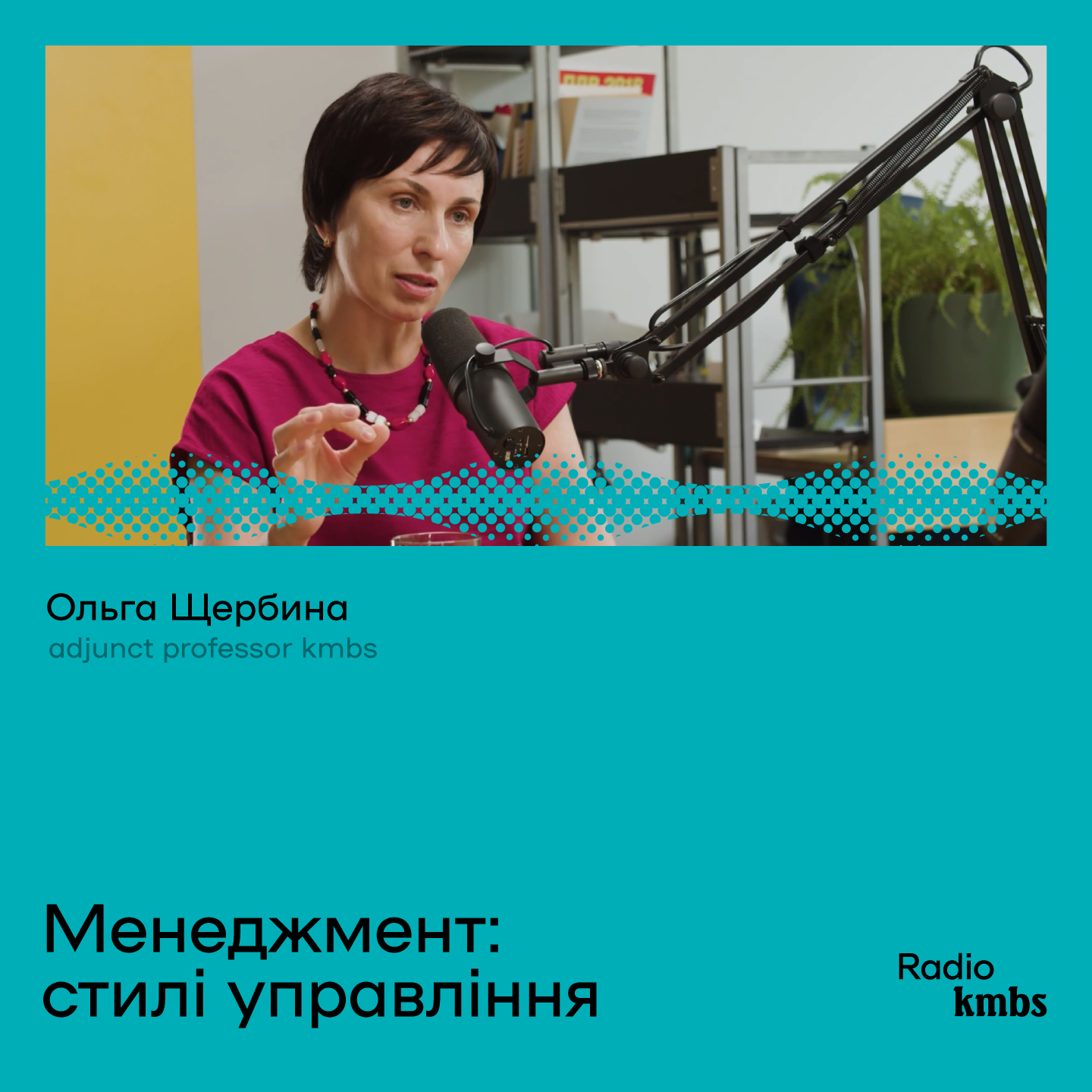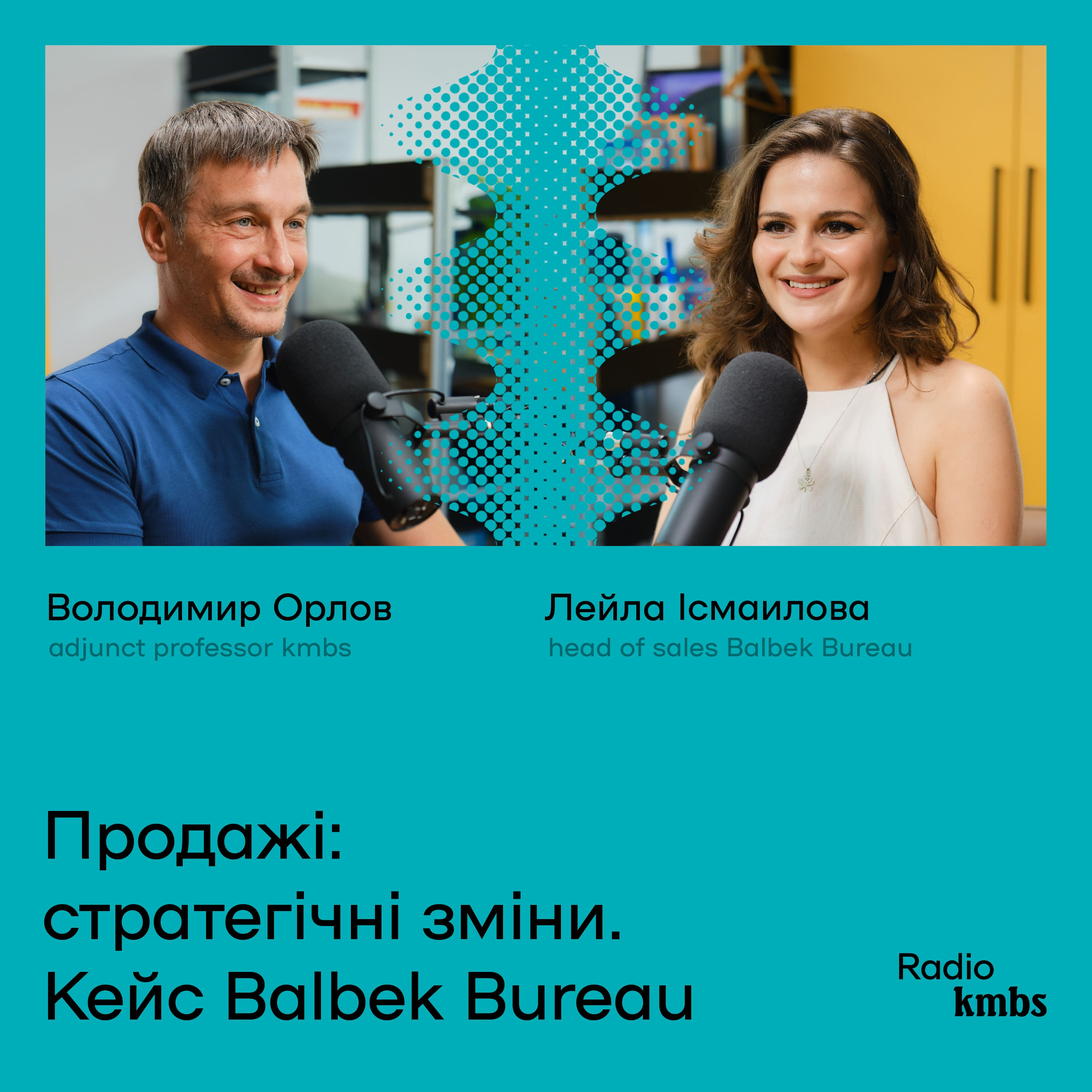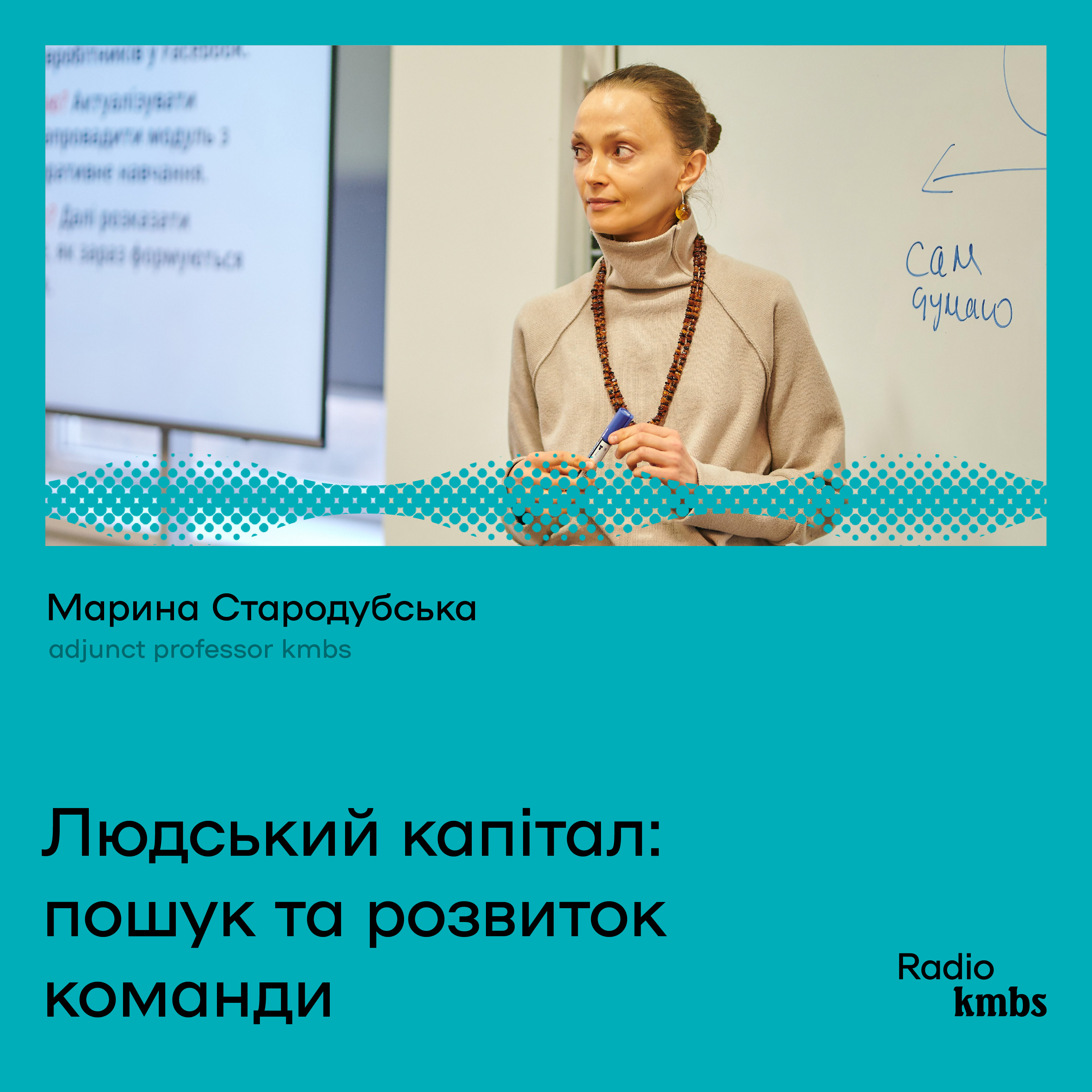The thematic diversity of the guest's speech highlighted the diversity of the phenomenon of Islam in the process of the cultural and historical formation of Ukraine and its political nation. The cross-cutting thread of the excursion into the past illustrated the Muslim component's presence in the essence and cultural codification of Ukrainians of different historical periods. However, the pressure of external forces, specific social processes, and tyrannical gravitations of the surrounding empires led to the decline of this component within the socio-cultural space of the country. Moreover, looking back at the distance of 20 years, we are sadly forced to state the complete assimilation of certain Muslims, such as the Tatars of the Volga-Urals region, who since the early twentieth century—inhabited the Donetsk and Azov regions.
This tendency reactivates the demand for the revival/formation of the Ukrainian Muslim identity as a component of the political nation of the renewed state. Reflecting on the mechanisms for implementing this idea, Mufti Said Izmagilov placed a critical emphasis on the policy of "multiculturalism" that the Western world is talking about. According to the spiritual leader, Europe has failed to integrate Muslims into the social reality of individual states, and followers of Islam have found themselves in a kind of cultural ghetto within the Old World. This has led to a rejection of civic identity and skepticism about the state system by such large environments of the European continent as, for example, the Algerians of France or the Moroccans of Belgium. And this negative experience should be reflected by Ukrainians so as not to imitate the mistakes of the continental nations of the Western world. According to the mufti, the new identity of Muslims in Ukraine must be based on the foundations of an open society and avoid internal sealing.
The events of the Revolution of Dignity and the fighting in the eastern regions became a new stage in the growth of the Muslim community into the root system of Ukrainians. For certain Muslims, they have become a springboard for asserting their civic position. By participating in the fighting under the blue and yellow flags, many Muslims have effectively stated that "Ukraine is not a transit point for them on the way to a full and comfortable Germany," but a state whose values they are willing to compete for.
And probably there was something symbolic that the spiritual leader of Muslims visited kmbs on the Day of Unity. In these crucial times for the country, Ukrainians should feel their unity, regardless of political views, social status, and religious beliefs.

